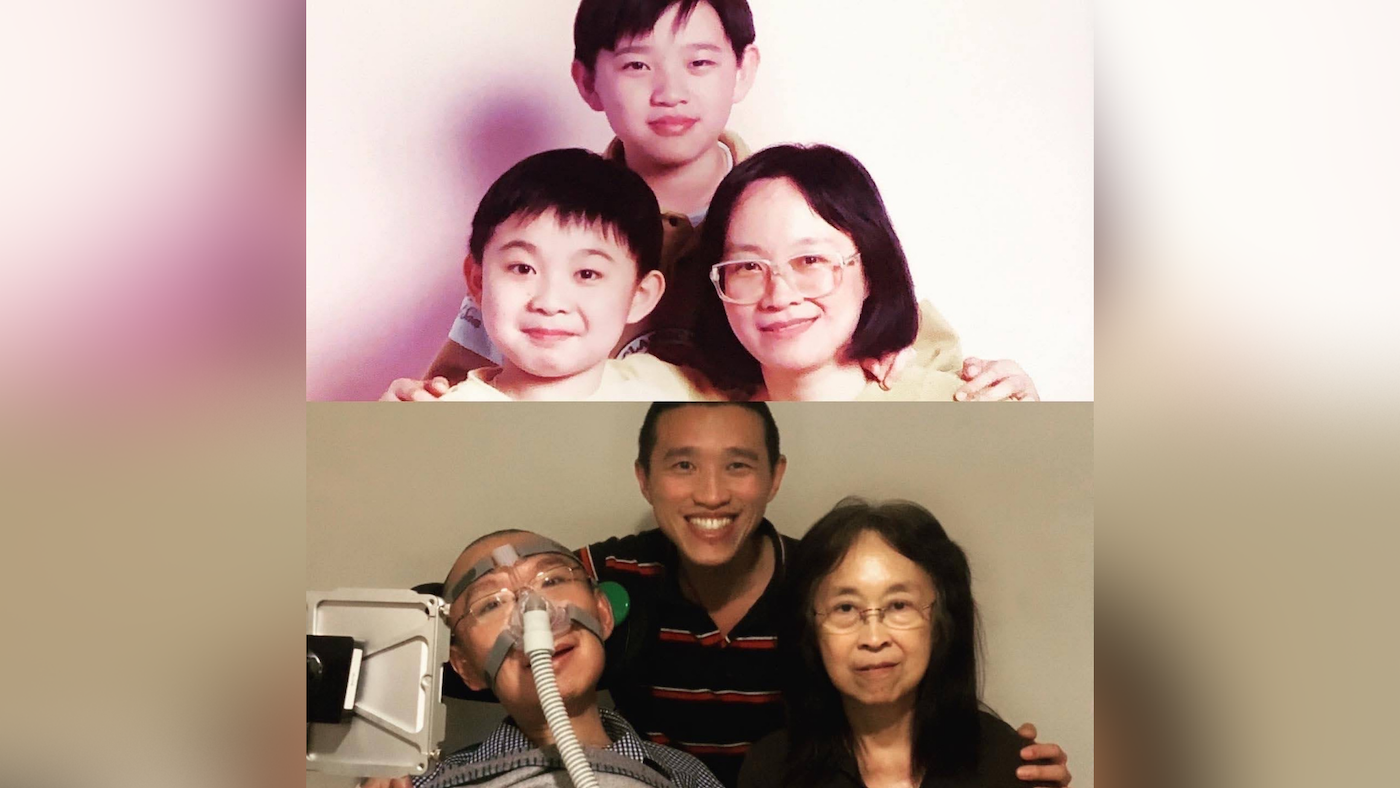how investment in caregivers builds stronger, healthier community: 'your whole life totally changes'
new social prescription funding will bring non-medical interventions to support the wellbeing and quality of life of canada's caregivers.
caring for someone with duchenne muscular dystrophy: 'it’s so easy for caregivers to feel a sense of loss in identity'
after becoming a caregiver to his younger brother at age 10, and then his mother who was diagnosed with lung cancer, terrence ho has learned a lot about what it takes to survive caregiving.
opinion: why fall preparation is key for patients, caregivers and the health system
statistics show that the risk for falls increases as people age, with a staggering 1.1 million older adults in canada experiencing a fall each year.
 3 minute read
3 minute read
















